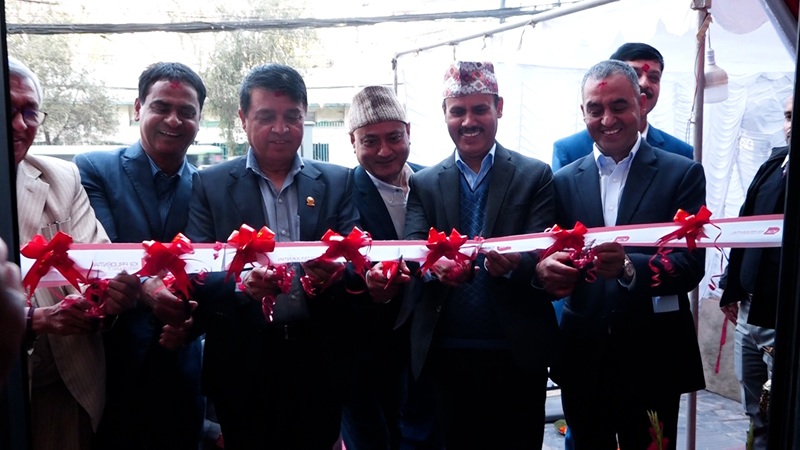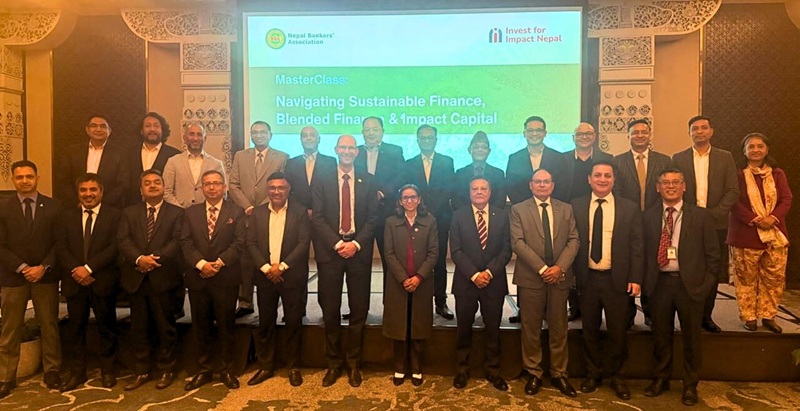Nepal’s National AI Policy 2081: New Regulatory Bodies Planned
5th February 2025, Kathmandu
The Government of Nepal has introduced the National Artificial Intelligence Policy 2081 to regulate and promote AI technology. The Ministry of Communications and Information Technology (MoCIT) has prepared the draft, proposing new agencies for AI governance.
Nepal’s National AI Policy 2081
It focuses on responsible AI development, ethical use, and international compliance. The ministry has invited public feedback before finalizing the policy.
Key Proposals: New AI Regulatory Bodies
The draft policy suggests forming six new institutions to manage AI-related activities. These include:
AI Regulatory Council – The central body responsible for AI governance.
National AI Center – The main authority for AI research, innovation, and policy enforcement.
AI Excellence Centers – Hubs for AI research in universities and institutions.
AI Incubation Hub – A support system for AI startups and entrepreneurs.
Provincial and Local AI Coordination Units – Mechanisms to integrate AI initiatives across all levels of government.
The AI Regulatory Council will be chaired by the Minister of Communications and Information Technology. The Chief of the National AI Center will serve as the Member Secretary.
National AI Center: The Core Institution
The National AI Center will act as the main governing body for AI-related matters in Nepal. It will:
Ensure AI compliance with laws and standards.
Set quality benchmarks for AI products and services.
Support AI research and development in Nepal.
AI Excellence Centers will focus on advanced AI research and innovation, while the AI Incubation Hub will help startups and enterprises grow in the AI sector.
AI Regulatory Council: Structure and Responsibilities
The AI Regulatory Council will have 14 members, including:
The Governor of Nepal Rastra Bank.
Secretaries from the Prime Minister’s Office, Ministry of Finance, Ministry of Industry, and Ministry of Education.
Representatives from the National Planning Commission, E-Governance Board, and Nepal Telecommunications Authority.
Two members from the private sector and three AI experts.
The council will focus on fairness, transparency, accountability, and intellectual property rights in AI.
Ethical AI Development and Risk Management
The government plans to set AI transparency standards for data collection, algorithm usage, and AI models. A National AI Index will track AI progress, while security measures will address misinformation and sovereignty concerns.
AI applications in healthcare, education, agriculture, and other sectors will be encouraged while maintaining data privacy and security.
Boosting AI Infrastructure and Investment
The policy proposes:
Expanding 5G, fiber-optic, and cloud computing infrastructure.
Building international data centers to support AI growth.
Offering tax benefits, grants, and investment opportunities to AI startups.
Next Steps: Policy Implementation
The Ministry of Communications and Information Technology has requested public feedback by Tuesday. After incorporating suggestions, the policy will be reviewed by the Ministries of Finance and Law before submission to the Council of Ministers for approval.
Once finalized, the AI Policy 2081 will shape Nepal’s AI governance, innovation, and regulatory framework.







